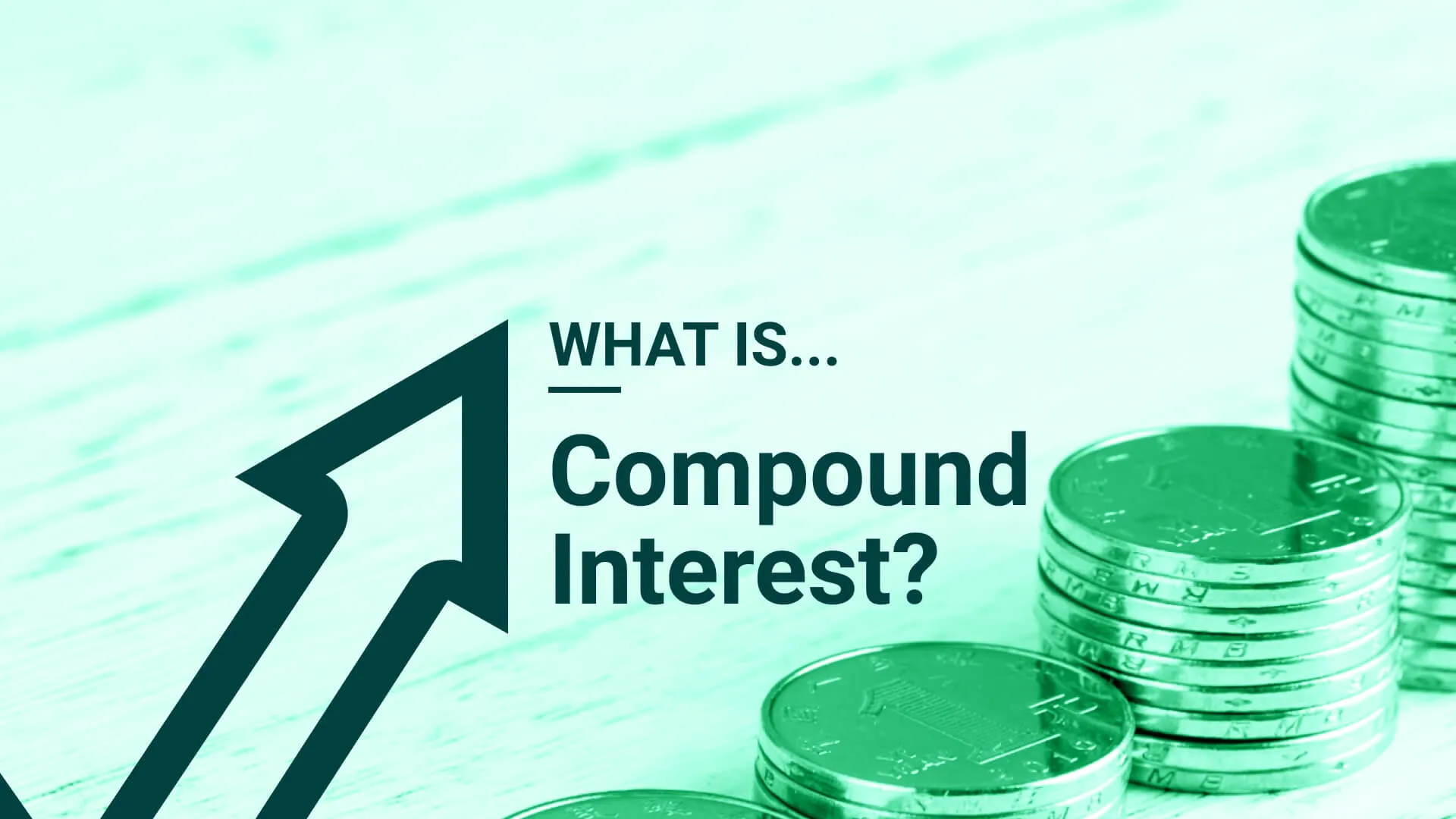When a private company files to go public, they submit an S-1 form to the Securities and Exchange Commission (SEC). In 2012 the US JOBS Act gave emerging growth companies (under $1bn in revenue) the option to file details of their pending IPO privately.
In 2017 this $1bn cap was lifted, making it a popular route to market. It gives the company more flexibility and can help protect it from a media circus.
#Avoiding speculation
When a popular company opts to go public, it immediately garners attention. The media want the story, while investors, financial analysts, entrepreneurs, business leaders, and consumers all want the gritty details of the launch. This can be overwhelming, and too much hype and speculation can be distracting from the IPO process.
A confidential filing allows a company to privately file a Form S-1 for review with the SEC, delaying the public filing until closer to the IPO date. It gives the company a chance to prepare for launch while delaying the release of sensitive company information from competitors, customers, and employees until closer to the public offering date.

Airbnb (NASDAQ: ABNB), Lyft (NASDAQ: LYFT), Spotify (NYSE: SPOT), Palantir (NYSE: PLTR), and Uber (NYSE: UBER) all filed confidential IPOs ahead of their public offering.
Rather than the usual 90 to 120 days before IPO, a confidential filing only has to submit its public S-1 form 21 days beforehand. This should still give investors time to evaluate the company’s financials.
Sometimes, a confidential IPO also has an option to withdraw its registration statement without notifying the public.
#Under the radar
A confidential IPO is an optional alternative to simply filing a traditional FORM S-1 and letting everyone know the companies plans and intentions.
The option is useful because it allows the company time to prepare to go public at the most suitable moment. By delaying until closer to launch, the company can optimally plan and reap a supportive audience in the market.
With the clandestine approach of a confidential IPO, the public is kept in the dark. Therefore, media and investor scrutiny should be limited, and there should be less pressure to commit to a launch date.
In the days before a confidential IPO was an option, the company’s registration statement disclosed all manner of sensitive information. It included financial history, company operations, business strategy, and any business and financial risk disclosures. And the date was set.
But the flexibility of a confidential IPO gives management breathing space to prepare and get the wheels in motion with reduced stress.
A confidential IPO also allows for the date to be changed if market conditions are not favorable. In a traditional IPO process, delaying the launch date can cause media chaos with speculation that there must be something wrong with the company, its services, or financials.
#Courting positive publicity
However, companies do like to court positive publicity. Therefore, it is common for a company to announce its confidential filing, to benefit from marketing buzz. This can help attract potential investors, boost recruitment efforts and keep a hold on the publicity reins.
Of course, this can backfire, as it encourages the media to start digging, and it sets a timer on launch, adding pressure to the process.
A company submitting a confidential filing without a press release retains control but may risk losing out on the hype that can bring enhanced investment at IPO. Getting the balance right can be tricky.
This is an example of the wording such a press release might contain:
Company Inc. announced that it has submitted a confidential draft registration statement on Form S-1 with the U.S. Securities and Exchange Commission (the “SEC”) relating to a proposed initial public offering of its common stock. The number of shares to be offered and the price range for the proposed offering have not yet been determined. The initial public offering is expected to take place after the SEC completes its review process, subject to market and other conditions.

Confidential IPOs are increasingly popular. Indeed, the bull run of 2020, which led many IPO’s to unsustainable valuations, has encouraged the under-the-radar practice.
Recent examples of companies following the confidential route include Roblox, Warby Parker, Sweetgreen, and Samsara.
#Advantages
The main advantage of a confidential IPO is retaining sensitive information until the time is right. Sometimes a company cancels its plans to go public halfway through the process. A confidential IPO means competitors and customers don’t get too much inside information early on in the process.
Flexibility is another draw. It reduces pressure on the company to launch on a specific date and gives them the option to pull out if things don’t go to plan. In a traditional IPO, too much hype or pessimistic speculation can negatively impact a company launch.
It gives the company more control in setting the pace it prepares at.
The confidential IPO strategy gives the company a chance to be sufficiently prepared to approve its accounting methods from the SEC. Then, if changes are needed, it can make them in private.
#Disadvantages
Filing for a confidential IPO can be a more expensive process than a traditional public offering. Changing the date can lead to increased accounting and legal expenses. SEC filings must be kept up to date each quarter. Therefore costs can mount when amendments are made.
A short period before launch limits the time potential investors can conduct their due diligence. This may lead to an underwhelming offering subscription.
Many company IPOs have undoubtedly benefited from the buzz generated by the traditional IPO process.
#Where’s the value?
A confidential IPO provides flexibility and control
Sensitive information can be withheld until the time is right
It can prevent negative sentiment and pessimistic speculation in the months running up to public launch.
A confidential IPO gives the company the option to cancel without scrutiny.
It gives the company more control in setting the pace it prepares at.
The company has time to prepare for SEC approval and can make changes privately.
